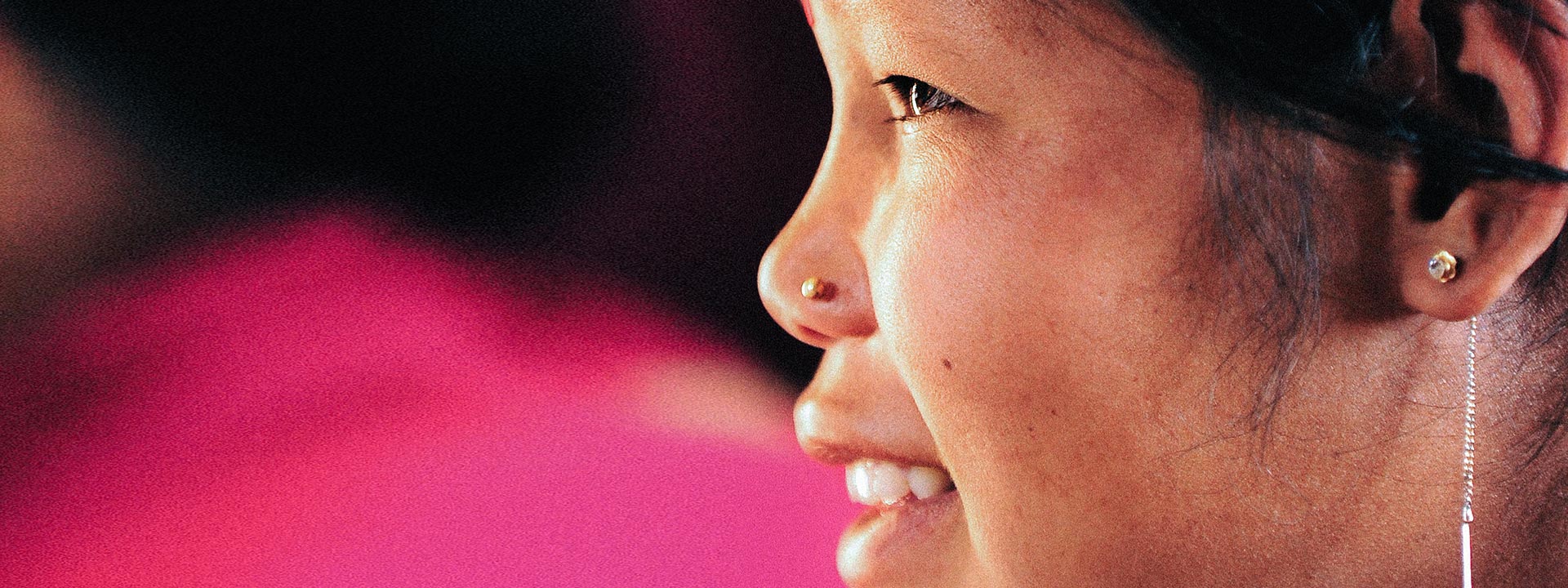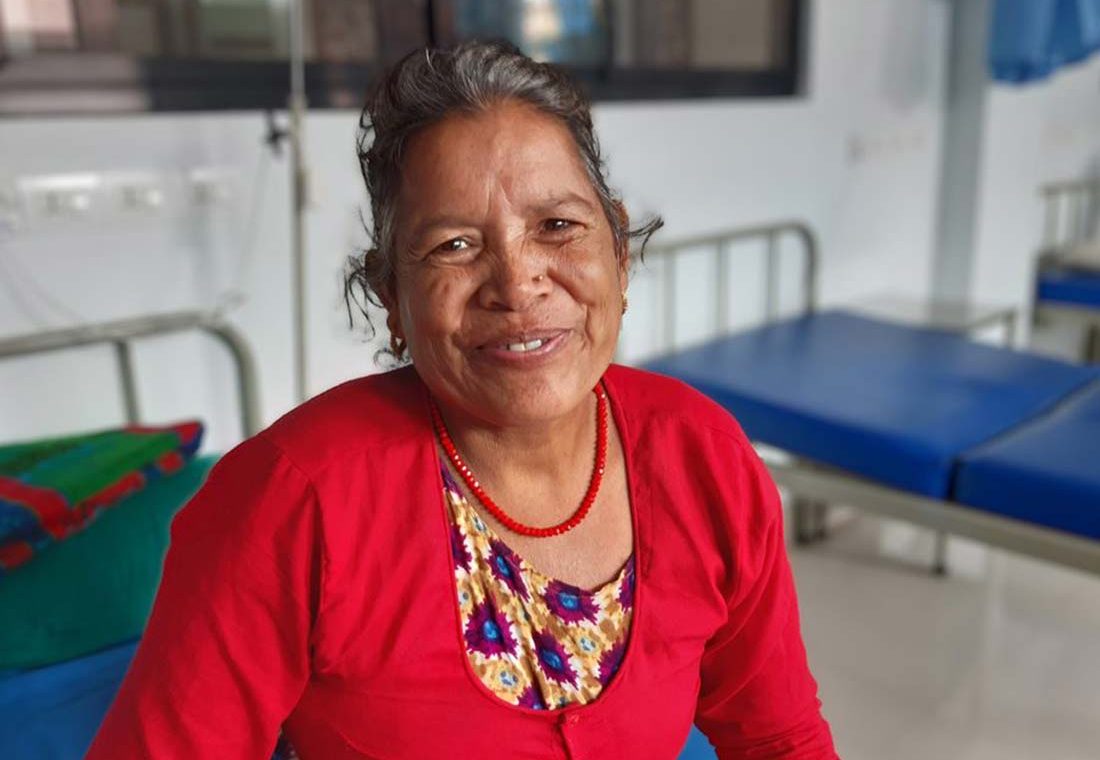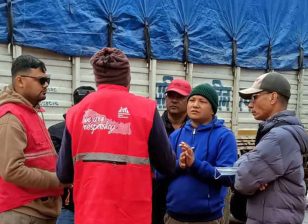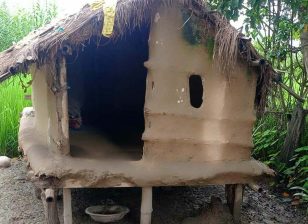Beneath The Burden – A Journey Of Healing From Obstetric Fistula
In the serene district of Doti, Sudurpashchim, Nepal, lives Parvati, a 54-year-old woman grappling with the challenges of her surroundings. Doti, nestled in the western hills of the country, boasts a landscape adorned with mid-hills and high hills. Here, the locals engage in agriculture and livestock rearing to sustain their livelihoods. However, this picturesque terrain belies some pressing issues faced by its residents.
As a young woman, Parvati got married at the tender age of 18. Within a year of her marriage, she found herself embracing motherhood. Unfortunately, her village lacked the convenience of a nearby birthing centre. When the time came for her labour, she experienced prolonged difficulties delivering her child within the confines of her own home.
Despite the desperate attempts of a villager to help her, the situation remained dire. The following day, Parvati was transported to Dhangadi, the province capital, where her child was delivered, albeit lifeless. Tragically, this painful event marked the onset of an added affliction–urinary incontinence.
Returning home without her baby, Parvati carried the weight of grief and faced the burden of persistent urinary leakage. Her family sought medical assistance in various hospitals, yet her condition remained unremedied, enduring for a gruelling six months. Eventually, over time, her incontinence miraculously healed on its own.
Two years after her first delivery, she once again embraced the prospect of motherhood. This time, however, her husband took proactive measures to ensure her well-being. They moved near the hospital one month before her expected delivery date, with her husband providing unwavering support.
Parvati underwent a cesarean section upon admission to the hospital to bring her daughter into the world. Tragically, the surgery rekindled her urinary incontinence, a secret she hesitated to divulge to her family out of shame. Eventually, her husband and other family members discovered her predicament, yet they neglected to pursue further medical intervention. Preoccupied with the birth of their daughter and the enduring incontinence, they failed to address her needs adequately.
In later years, Parvati found herself pregnant once again. She and her husband journeyed to Dhangadi, living near the hospital in anticipation of the birth. This time, she underwent a lower segment cesarean section, delivering a son. Overjoyed by the arrival of their long-awaited son, her husband and family members diligently cared for her well-being.
However, the weight of Parvati’s condition continued to affect her life. The persistent odour of urine deterred her from engaging in social activities such as visiting neighbours, attending gatherings, or even partaking in religious ceremonies. Her existence remained unchanged, with her children growing up and establishing their own families.
Parvati endured the burden of urinary incontinence throughout these years, and her grandchildren grew aware of her condition. They would candidly remark in their innocence, “Grandmother, you have wet yourself and carry a foul odour.” Helpless and unsure of a solution, she felt trapped in her circumstances.
However, a glimmer of hope illuminated her path when a fellow woman from her village attended an orientation programme on fistula. Upon learning of Parvati’s plight, this woman shared information about a free obstetric fistula treatment available at the Surkhet Fistula Treatment Centre. Grateful for this lifeline, Parvati contacted the centre and conveyed her struggles to the staff over the phone.
The staff at the Fistula Treatment Centre assured her that they could provide the necessary treatment for her obstetric fistula. Overwhelmed with joy and newfound hope, Parvati eagerly prepared to travel to the centre, accompanied by her 29-year-old son.
Upon their arrival at the Fistula Treatment Centre, Parvati underwent a thorough examination by a skilled doctor who confirmed the presence of the obstetric fistula. The doctor recommended surgery as the most effective solution.
Parvati spent 14 days recovering after the surgery with a catheter in place. She experienced a transformative moment during this time—her struggles with urinary incontinence ended.
When the catheter was finally removed, she discovered she could pass urine naturally and without leakage. A sense of profound relief washed over her as she realised that, after 35 long years, she was finally free from the shackles of fistula.








